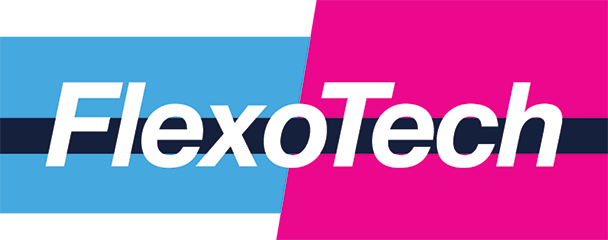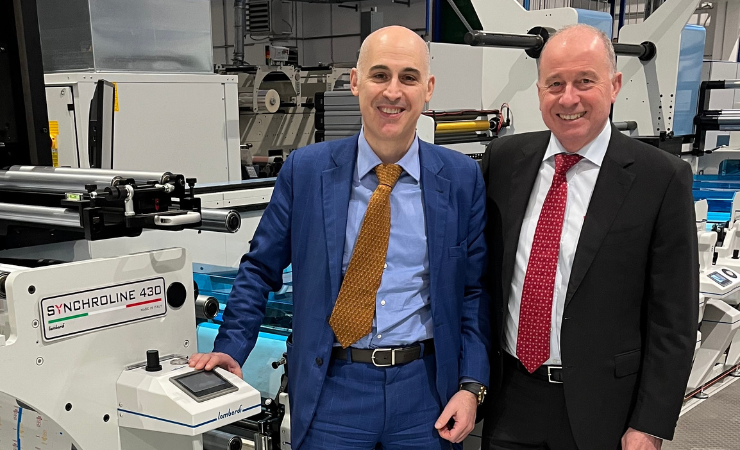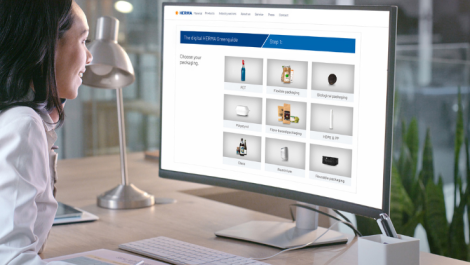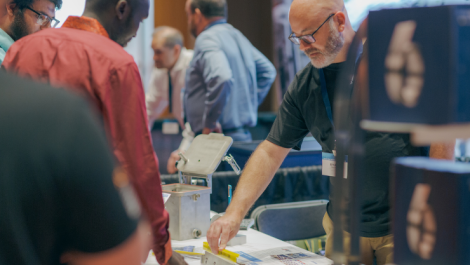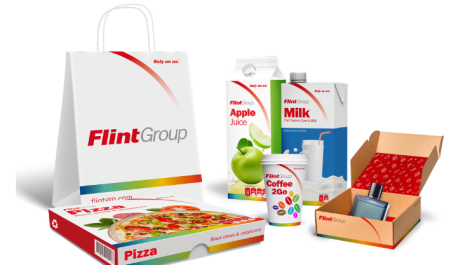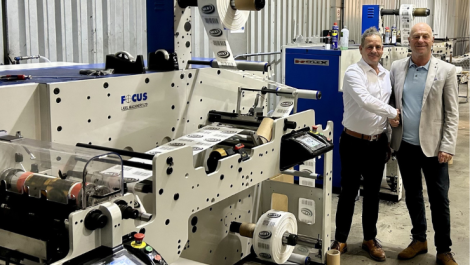Italy-based Minova Labels has credited Vetaphone’s corona treatment systems as a central factor in maintaining the high quality of its output and enabling its steady growth. Specialising in film-based substrates for cosmetics and industrial applications, Minova relies on surface treatment technology from the Danish manufacturer to ensure consistent print performance from its most recently installed press technology, from Lombardi Converting.
Founded in 2006 by Ivan Caldirola, Minova Labels began production with an eight-colour Gidue 430 press, followed by a ten-colour Gidue 630 press in 2010. Both machines were fitted with Vetaphone A-station corona treaters, selected for their reliability and ease of use.
Corona treatment is a critical part of the label printing process, particularly when working with filmic materials that require surface energy adjustment to allow ink and adhesive bonding. Mr Caldirola explained: “Reliable corona treatment is essential to our production capability. It’s not optional – it’s a necessity.”
Today, around 95% of Minova’s production involves film-based substrates such as shrink sleeves, in-mould labels, tubes, and pressure-sensitive labels. According to Mr Caldirola, typical print runs have shortened in recent years, with jobs now often between 2000 and 4000 metres. With most jobs using at least eight colours, and many requiring ten or more, the precision demanded at each stage of production is high.
To support its evolving production needs, Minova turned to manufacturer of flexo presses Lombardi Converting Machinery in 2016, installing a 10-colour Synchroline 430 flexo press equipped with a Vetaphone VE1-A corona unit. A second Synchroline 430 was added in 2023, this time fitted with Vetaphone’s latest VE1-AM model – the first of its kind installed in Italy.
Vetaphone’s iCorona generators, which automatically adjust corona output based on material type and press speed, have helped Minova maintain consistent treatment levels without manual recalibration. The technology also facilitates easier maintenance and cleaning, minimising downtime and ensuring smooth production.
“Vetaphone is our only choice for surface treatment,” Mr Caldirola said. “Our production focuses on quality over quantity, and we need equipment that supports that goal without compromise.”
Andrea Mena, technical and R&D manager at Lombardi, said Vetaphone’s reputation for reliability has made it their default recommendation for over 15 years. “Our customers trust the technology, and the global support network is a significant benefit. That’s why we continue working closely with Vetaphone.”
Mr Mena continued: “Surface treatment is not just an add-on – it’s a critical part of the process. Without it, you can’t achieve the kind of print results that companies like Minova demand.”
